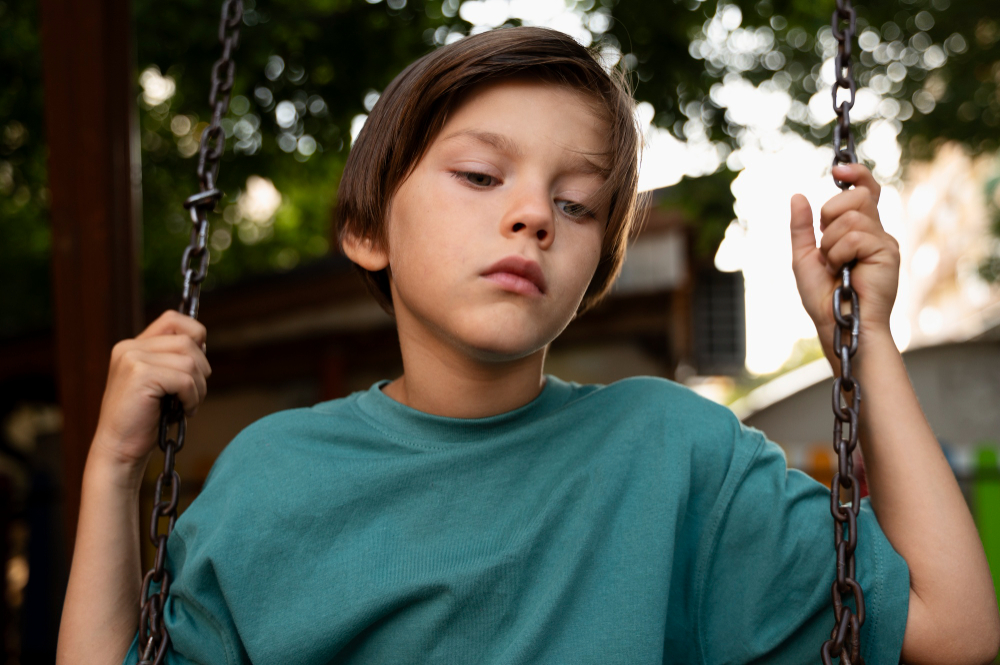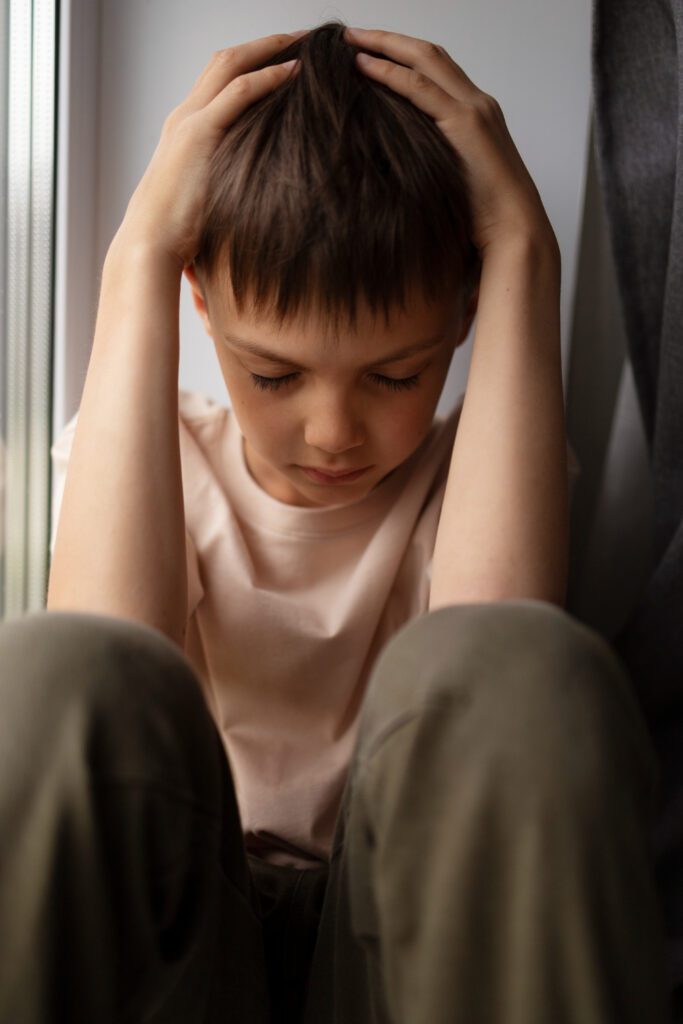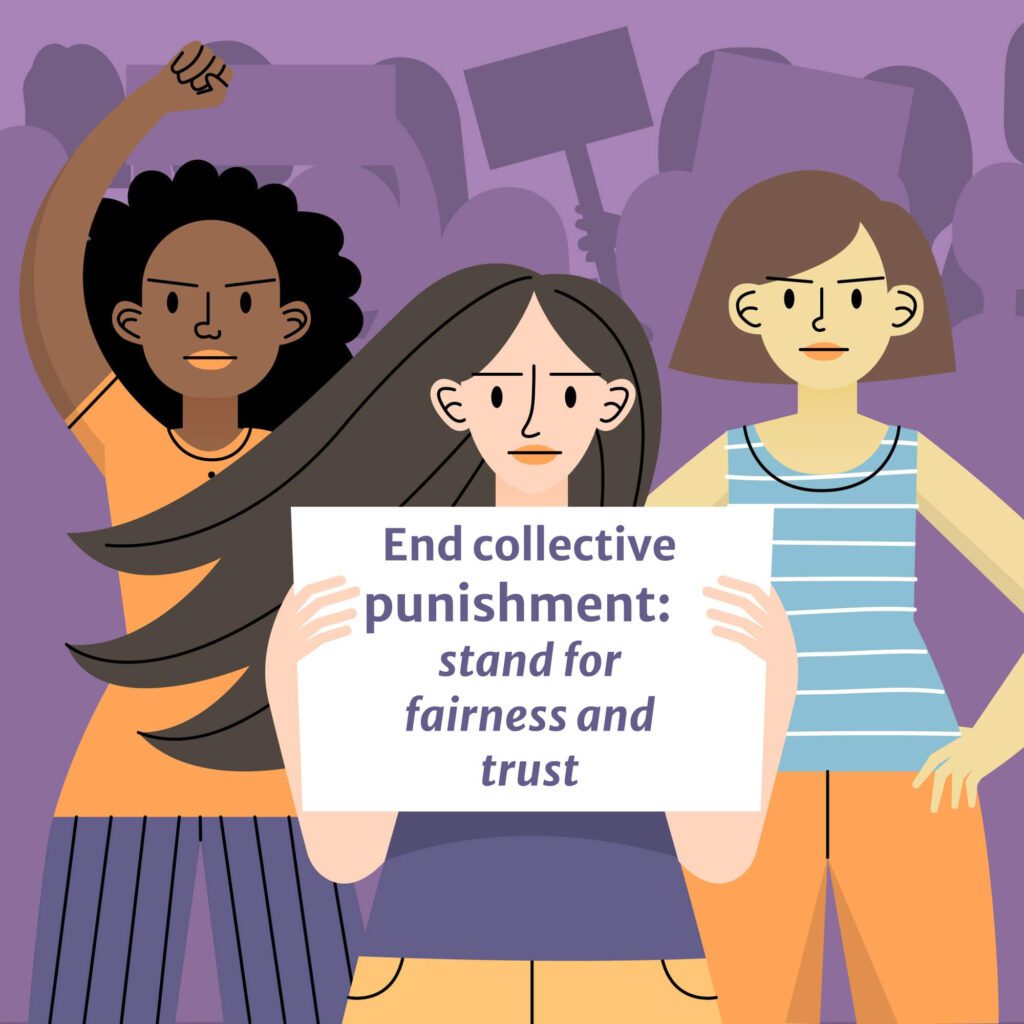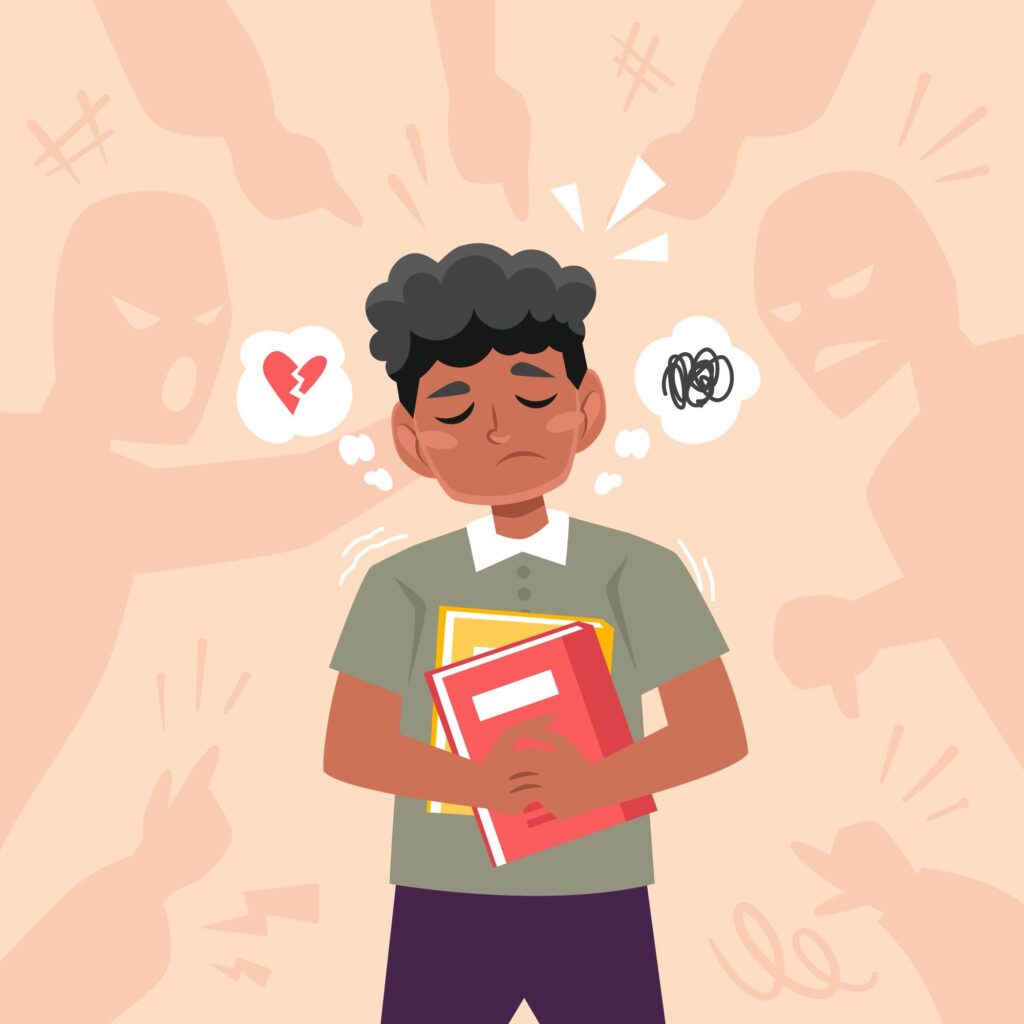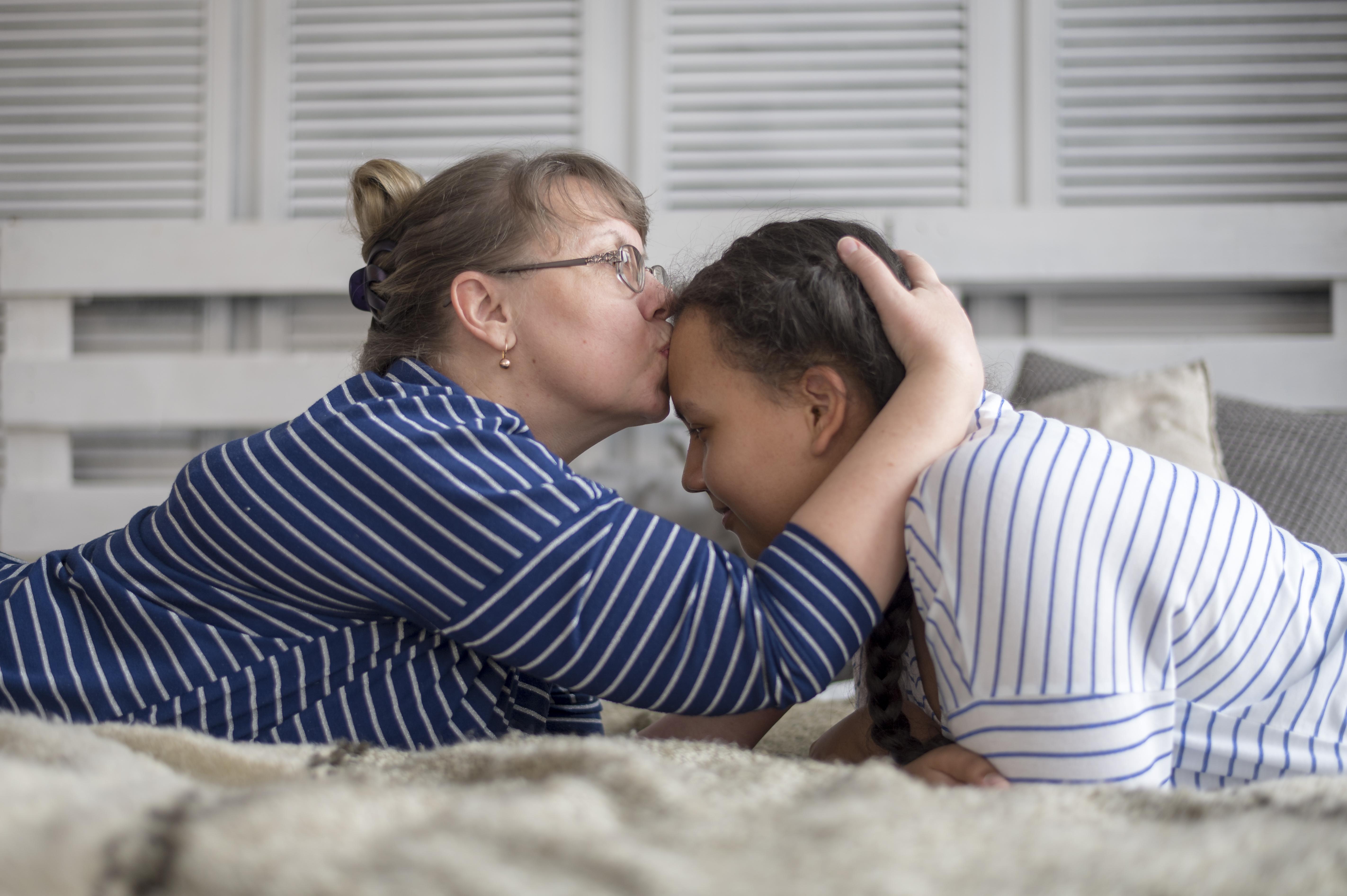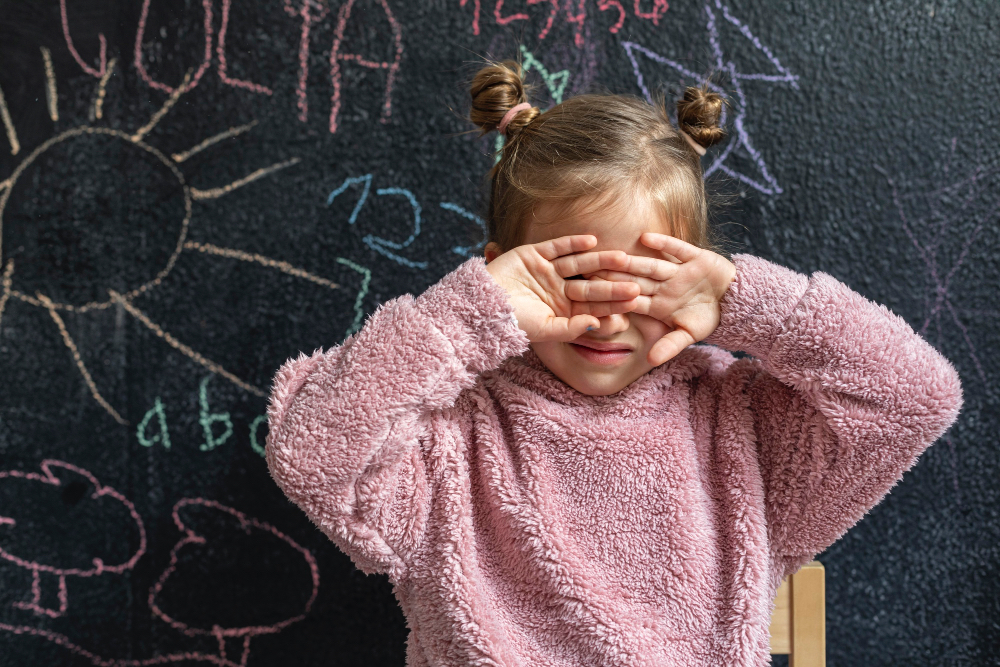
Legality of Group Punishment
Many parents and students ask: is group punishment legal in schools? In most Canadian provinces, including British Columbia, there is no law explicitly prohibiting it. This tag gathers research, commentary, and legal perspectives on the regulatory silence that allows collective punishment to persist under the guise of classroom discipline. If you’re looking for clear answers about legality, this is the place to start.
-
We’re exploring remedies for discrimination — and we want your feedback
We know that students with disabilities experience disproportionate harm in BC schools. We know that many families carry stories of exclusion, silence, loss, and survival — stories that have never been formally acknowledged, let alone repaired. We believe that no remedy can be effective unless it begins by listening. We’re considering a larger investigation into…
-
Ava and the Geneva Convention
It began, as so many modern parables do, with a child who told the truth—and a parent who shared it. The image was ordinary: a school feedback form, completed in pencil, uneven in its lines, confident in its voice. The caption read: “My daughter actually submitted this feedback at school. Not sure if I should ground…
-
Tell the Ministry: end collective punishment in BC schools
BCEdAccess recently reminded us that if families don’t speak up, the system assumes everything is fine. Writing letters to the Ministry of Education and Child Care is one way we can make our children’s experiences count—especially when those experiences involve exclusion, loss of support, or group-based discipline that punishes kids for behaviours linked to unmet…
-
Food, rewards, and collective punishment in the classroom
It might seem harmless. A teacher stands before a class with a box of lollipops or a bag of Freezies, offering them as a reward for good behaviour. But there’s a catch: everyone only gets one if everyone behaves. What appears—on the surface—as a treat, quickly becomes a threat. For neurodivergent children, food-based group rewards…
-
How schools misuse disability designations to deny support
When I asked why my child couldn’t have full-day support—the kind that made the difference between attending school and refusing to enter the classroom—I was told, “He’s not eligible.” Eligible only for part-time. Eligible only for half-days. Eligible, it turned out, to fall apart quietly in the coatroom, so the system could pretend he was…
-
A costly legal habit at the Vancouver School Board
As families fight for inclusive education and basic classroom support, the Vancouver School Board is pouring millions into legal fees—more than triple what it spent just a few years ago. Public records reveal a dramatic spike in payments to Harris & Company, the district’s longtime law firm, coinciding with a high-profile property lawsuit and growing…
-
Right to no discrimination
Every child has the right to learn and belong at school without being treated unfairly because of who they are. In British Columbia (B.C.), this Right to No Discrimination means public schools must welcome all students on equal terms, regardless of their race, Indigeneity, colour, ancestry, place of birth, religion, family background, sex, sexual orientation, gender identity, disability,…
-
The long shadow: A history of punishment in Canadian schools
Public education in Canada is often conceptualised as a progressive force—an equaliser, a promise of inclusion. But beneath the surface of this narrative lies a long, often unbroken history of exclusion, coercion, and punishment. Canadian schools have long been sites of control, where discipline was not merely corrective, but foundational to how institutions understood their…
-
Why we built the BC School Districts collective punishment database
When we began writing about collective punishment in schools, we searched for district policies—something public, something clear. What we found instead were Reddit threads and Facebook comments. And where formal documentation did exist, it was buried in long policy PDFs filled with abstract values—fairness, accountability, safe and caring schools—but almost nothing concrete about what happens…
-
Comparison of Provincial and Territorial rules on collective punishment in schools
Across Canada, policies on student discipline vary widely—but only one province, Nova Scotia, has taken the decisive step of explicitly banning collective punishment in schools. In April 2025, Nova Scotia revised its Provincial School Code of Conduct Policy to require individualised responses to student behaviour, affirming that group-based discipline is not just ineffective but unjust.…
-
Balancing budgets by denying disabled kids support
In British Columbia, we are told that the education system is improving. Budgets are rising. Inclusion is a stated priority. And yet, for families whose children require consistent, sustained support—especially those who are disabled or living with complex trauma—the lived experience is defined by absence, delay, and denial. There is a growing chasm between the…
-
Collective punishment in schools: global history and harm
Explore the global history of collective punishment: how it has been defined, justified, resisted, and remembered across cultures and time.
-
You’re not wrong: reflections on motherhood and advocacy
This piece is for the mothers who have become unrecognisable to themselves in the crucible of advocacy—those who perform calm while their bodies tremble with rage, who write polite emails through tears, who scream in the car and smile in the meeting. It is for the women whose clarity was framed as aggression, whose persistence…
-
The ABCs of regressive punishment
Discipline in schools is rarely neutral. For neurodivergent students, it often takes the form of quiet harm—masked as structure, delivered as shame. From exclusion and forced apologies to behaviour charts and the denial of recess, regressive punishment practices remain embedded in our classrooms. They don’t teach accountability. They teach fear, isolation, and the high cost…
-
The history of collective punishment
Collective punishment emerged in a time when people were not understood as individuals, but as extensions of the family, the clan, the village. Responsibility was held in common. Honour was shared. So was shame. In such systems, if one person broke a social norm or committed a crime, the entire group was held accountable. Not…
-
Collective punishment: a focal point of injustice
Collective punishment, the practice of disciplining a whole group for the misdeeds of one or a few, is widely recognised as unjust and counterproductive. Children know it’s wrong Even children intuitively grasp its unfairness. In one famous case, an 11-year-old student in the UK bluntly told her teacher that “collective punishment… is not fair on the…
-
Barriers in the Vancouver school system: a parent’s perspective
For families raising neurodivergent children, navigating the school system can feel like surviving a labyrinth built to exhaust you. What should be a place of growth becomes a terrain of harm and dismissal. Beneath the polished language of equity and inclusion lies a set of invisible barricades—attitudinal, communicative, spatial, systemic, and technological—that quietly erode trust…
-
“Urgent: Third Request” — what to do when schools ignore your emails
You write the email. You name the problem. You describe, in detail, what your child is experiencing and what they need to be able to participate. You’re respectful, clear, and solution-focused. And then—you wait. For many families, especially those raising disabled or neurodivergent children, this scenario is far too familiar. The moment you speak up—especially…
-
Protecting children’s dignity and safety in a broken system
We should be able to expect a system where no child sits in wet clothes all day, and no child is changed alone by a single staff member behind closed doors. These are basic, non-negotiable standards for dignity and safety, not optional aspirations. While we can all acknowledge that the system is under immense strain,…
-
Recent BCHRT decisions expose systemic failures
After reading through a couple of of the recent BC Human Rights Tribunal findings, here are some thoughts: Ongoing delays erode trust Several rulings show how procedural deadlines and scheduling gaps thwart families seeking essential supports. In one decision the Tribunal dismissed parents’ allegations about inadequate consultation and discontinued specialist services because the events in 2017 and 2018 fell…


